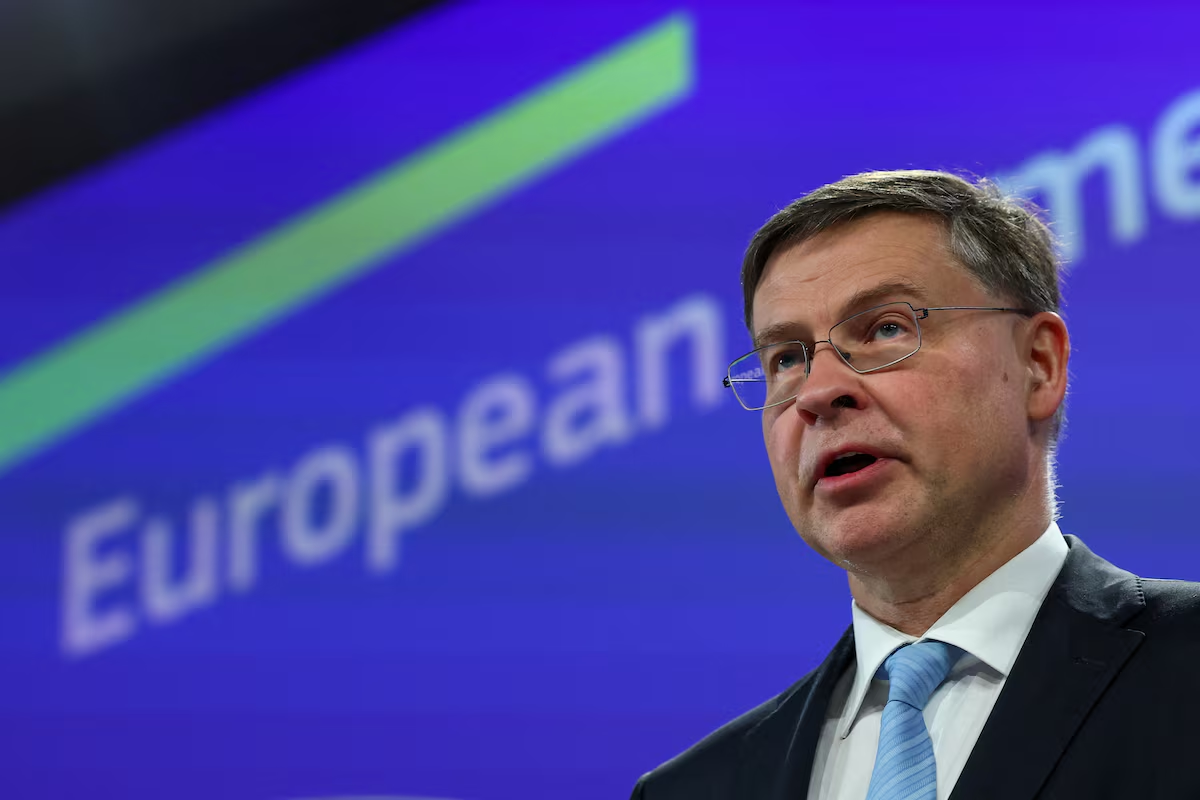WASHINGTON – Finance ministers from the Group of Seven (G7) countries have pledged to maintain a unified approach in responding to China’s recent export restrictions on rare earth minerals, according to European Economic Commissioner Valdis Dombrovskis. The announcement came during the International Monetary Fund (IMF) meetings in Washington on Thursday.
Dombrovskis emphasized that China remains the dominant player in the global rare earth market, supplying between 80% and 90% of these critical minerals used in technologies ranging from electronics to defense applications. The new Chinese export controls, he noted, expand both the scope of minerals covered and the associated value chains, while including extraterritorial provisions affecting international trade.
“The G7 partners have shared concerns about these extensive Chinese export controls,” Dombrovskis said. “We agreed to coordinate our engagement with Chinese counterparts to explore short-term solutions, while also continuing to focus on long-term diversification and resilience of our supply chains.”
The measures come amid growing global concerns over supply chain vulnerabilities for essential minerals. G7 officials highlighted the importance of reducing dependence on a single supplier and developing alternative sources to ensure economic and strategic stability.
Dombrovskis added that the discussions also underscored the need for long-term strategies to strengthen supply chain resilience, an issue that has gained urgency amid recent geopolitical tensions.
The coordinated approach by the G7 reflects an ongoing effort among leading economies to mitigate risks posed by concentrated supply sources and to ensure that global industries dependent on rare earths are not disrupted.

